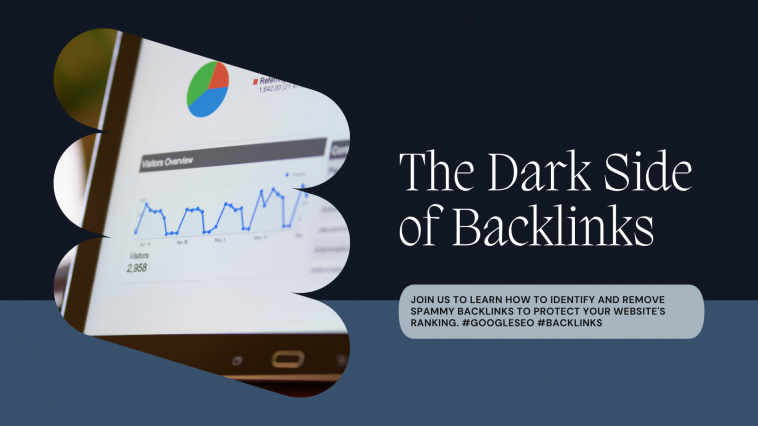In the intricate ecosystem of search engine optimization (SEO), backlinks have long been considered a crucial factor in determining a website’s ranking on search engine results pages (SERPs). However, not all backlinks are created equal. Google, the dominant force in online search, has consistently warned against the dangers of spammy backlinks and their detrimental impact on website rankings.
Defining Spammy Backlinks
Before delving into their adverse effects, it’s imperative to grasp the concept of spammy backlinks. These are hyperlinks pointing to a website from low-quality, irrelevant, or suspicious sources. Such sources often include link farms, irrelevant directories, or websites with a reputation for spamming.
Google’s Algorithmic Evolution
Over the years, Google has continuously refined its search algorithms to better discern between high-quality backlinks and spammy ones. Updates like Penguin and more recent iterations have specifically targeted link schemes and manipulative link-building practices.

Negative Impact on Rankings
- Penalties and Devaluation: Websites associated with spammy backlinks risk receiving penalties from Google. These penalties can range from a decrease in visibility on SERPs to outright devaluation of the website’s authority.
- Loss of Trust and Credibility: Backlinks from reputable websites are akin to votes of confidence in the eyes of search engines. Conversely, spammy backlinks can erode this trust, casting doubt on the legitimacy and credibility of the linked website.
- SERP Demotion: Google’s algorithms are designed to prioritize websites with authoritative and relevant backlinks. Spammy backlinks can signal to Google that a website is attempting to manipulate its ranking, resulting in demotion on SERPs.
- User Experience Impact: Beyond SEO ramifications, spammy backlinks can degrade the user experience. Users may inadvertently stumble upon low-quality or irrelevant websites through such links, leading to frustration and a tarnished perception of the linked website.
Mitigating the Risks
- Regular Backlink Audits: Monitoring and auditing backlink profiles are essential practices to identify and disavow spammy backlinks promptly.
- Quality Over Quantity: Emphasizing the acquisition of high-quality, relevant backlinks through genuine outreach and content creation can safeguard against the pitfalls of spammy link-building tactics.
- Disavow Tool: Google provides webmasters with the Disavow Tool, allowing them to request the search engine to ignore specific backlinks deemed harmful to their website’s SEO.
Conclusion
In the ever-evolving landscape of SEO, the significance of backlinks remains undisputed. However, the pitfalls of spammy backlinks underscore the importance of ethical and sustainable link-building practices. By prioritizing quality over quantity and remaining vigilant against manipulative tactics, website owners can safeguard their online presence and maintain favourable rankings on Google’s SERPs.


